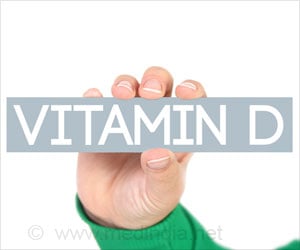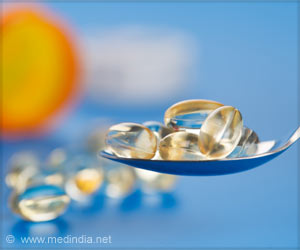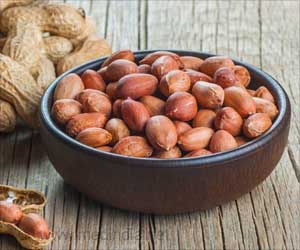Giving high doses of Vitamin D than the recommended amount may not protect your toddler from catching cold in winters.

‘Vitamin D is a fat-soluble vitamin in a family of compounds that includes vitamins D-1, D-2, and D-3. It can affect as many as 2,000 genes in our body.’





Whether winter supplementation of Vitamin D reduces the risk among children is unknown. Jonathon L. Maguire from Researchers from the University of Toronto randomly assigned children aged one through five years to receive 2,000 IU/d of vitamin D oral supplementation (high-dose group; n=349) or 400 IU/d (standard-dose group; n=354) for a minimum of four months between September and May. The average number of laboratory-confirmed (based on parent-collected nasal swabs) upper respiratory tract infections per child were 1.05 for the high-dose group and 1.03 for the standard-dose group. "These findings do not support the routine use of high-dose vitamin D supplementation in children for the prevention of viral upper respiratory tract infections," the authors stated.
A limitation of the study was that children may have had upper respiratory tract infections without swabs being submitted. The study appears in journal JAMA.
Source-ANI















